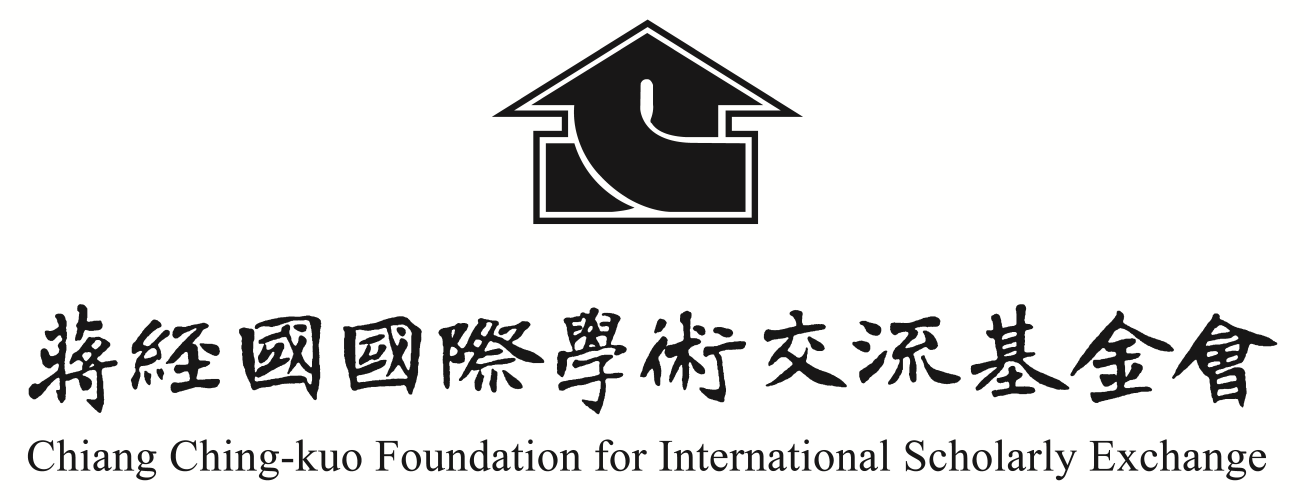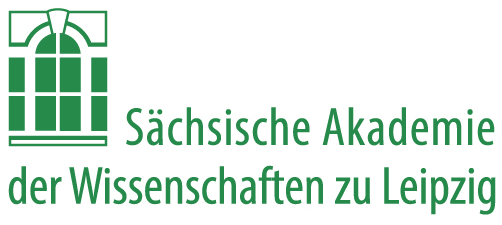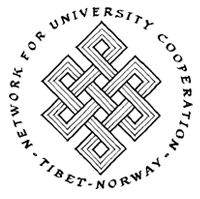Statutes of the ISYT
At the first business meeting of the ISYT a set of statutes was adopted in order to take the organisation forward. A president, secretary general and a board of advisors was also elected.
At the second meeting of the ISYT, the president and secretary general proposed a set of amendments that were voted on and subsequently adopted according to a majority concensus.
STATUTES OF THE INTERNATIONAL SEMINAR OF YOUNG TIBETOLOGISTS
The first conference of the Seminar of Young Tibetologists was held in Zürich in 1977. The Seminar was reinaugurated in London in 2007 as the International Seminar of Young Tibetologists (hereinafter ISYT). The following statutes were passed during the business meeting held at London, 12th August, 2007 and revised at subsequent business meetings.
(1) Objectives
The objectives of the ISYT shall be to develop the study of Tibetan
culture in all its aspects and to provide a venue for scholarly
exchange among early-career scholars and postgraduate students through
international cooperation between academic institutions and individual
scholars. The primary means of achieving these aims shall be the
organization of an international conference that shall take place
every two or three years.
(2) Organization
The ISYT shall consist of Members, a Board of Advisors, a Secretary
General and a President. A Convener or Conveners shall be appointed to
host each conference.
(3) Membership
Those who have presented a paper at an ISYT conference will be
entitled to full membership. Full members have the right to vote on
any resolution. Membership expires at the end of one’s status as a
‘Young Tibetologist’—that is, one for whom no more than six years have
passed since one’s final degree or one’s first academic appointment.
Members of the IATS who also qualify as ‘Young Tibetologists’ also
enjoy full ISYT membership. Full membership can also be granted by
President’s action, requested by the members in a vote.
(4) Board of Advisors
Composition: Any ISYT member is eligible for membership on the Board
of Advisors. Membership on the Board is restricted to nine, and there
may be no more than two members from the same country, defined as
either place of birth or place of residence.
Duties: the Board of Advisors shall assist the President and the Convener(s) in all matters concerning the ISYT. The Board of Advisors shall elect the Secretary General and make recommendations to the President for a Convener of the conference.
Election: The Board of Advisors shall be elected by full members at the business meeting of the ISYT on the occasion of the conference and they shall hold office for the period covering two successive conferences. Should a Board member’s status as a Young Tibetologist end during this term, a replacement shall be elected at the first conference following his/her election. If Board members fail to attend both the conference and the business meeting, and do not give the Secretary General a good reason for their absence, they shall be replaced in a by-election held at the business meeting from which they are absent.
(5) President
Duties: It shall be the duty of the President to represent the ISYT
and to oversee the implementation of the Statutes. The business
meeting is to be chaired by the President. The President shall appoint
the Convener of the conference recommended by the Board of Advisors to
host the conference. If the President for any reason is unable to act,
the Secretary General shall temporarily execute the duties of the
President.
Election: The President is elected to hold office for the period
covering two successive conferences. Should a President’s status as a
Young Tibetologist end during this term, a replacement shall be
elected at the first conference following his/her election. If the
President fails to attend both the conference and the business
meeting, he or she shall be replaced in a by-election held at the
business meeting from which he or she is absent.
Members who have presented a paper at an ISYT conference shall be
eligible to stand as President. Nominations must be seconded, and
should be passed to the Convener(s) before the business meeting. The
President shall be elected by full members of the ISYT in a secret
ballot during the business meeting. The candidate who obtains a
majority of the votes cast shall be declared elected. If no candidate
obtains a simple majority, a second ballot will be held to decide
between the two candidates who obtained most votes in the first
ballot.
(6) Secretary General
Duties: The Secretary General shall co-ordinate the work of the Board
of Advisors. The permanent office of the ISYT shall be established at
the institution to which the Secretary General is attached for the
period of his time in office.
Communications from this office should be released in both English and
Tibetan
Election: The Board of Advisors shall elect the Secretary General from
among their number. The Secretary General’s term in office shall be
the same as in the case of the Board of Advisors.
(7) Conferences
Organization: The ISYT shall organize international conferences which shall
take place every two or three years. The conferences held under the auspices
of the ISYT shall be arranged by the Convener appointed by the Board of Advisors.
The final programme of the Seminar should be determined by close consultation
between the Convener and the President. There shall be no more than two parallel
concurrently running panels.
Convener: The President shall appoint the Convener recommended by the Board of Advisors to host the conference. The Convener shall have full responsibility for the practical organization of the conference and the publication of its proceedings.
Participants: the conferences shall be open to all bona fide scholars with an established interest in Tibet. All participants must be no more than six years out of their final degree, or no more than six years shall have passed since their first academic appointment. All participants of the conference are expected to deliver a paper on the subject of their choice. The invitation of observers shall be at the discretion of the President and of the convener of the conference.
Business meeting: A business meeting shall be held at each conference. A quorum shall be deemed to be present at a business meeting if at least fifteen full members as well as the President and/or the Secretary General are participating. The President and the Secretary General may authorize the Convener(s) to represent them.
(8) Affiliation with the IATS
In recognition of the close relationship between the ISYT and the
IATS, Members of the ISYT shall endeavour to ensure a formal
affiliation between the two research associations. This will take the
form of an amendment to the statutes of the IATS granting IATS
membership to ISYT members who have presented at two ISYT conferences.
This will be proposed by ISYT members in attendance at the next
business meeting of the IATS.
(9) Amendments and Dissolution
Statutory Amendment: The statutes of the ISYT can only be ratified or
changed by a two-third majority of the full members present at a
conference business meeting. Amendments to the statutes can be adopted
by a two-third majority of the full members present at a conference
business meeting.
Dissolution: The ISYT shall declare itself dissolved if two-thirds of the full members present at the business meeting of a conference should so vote, if the Board of Advisors unanimously declares it dissolved or if on two successive occasions it proves impossible to convene a conference.






